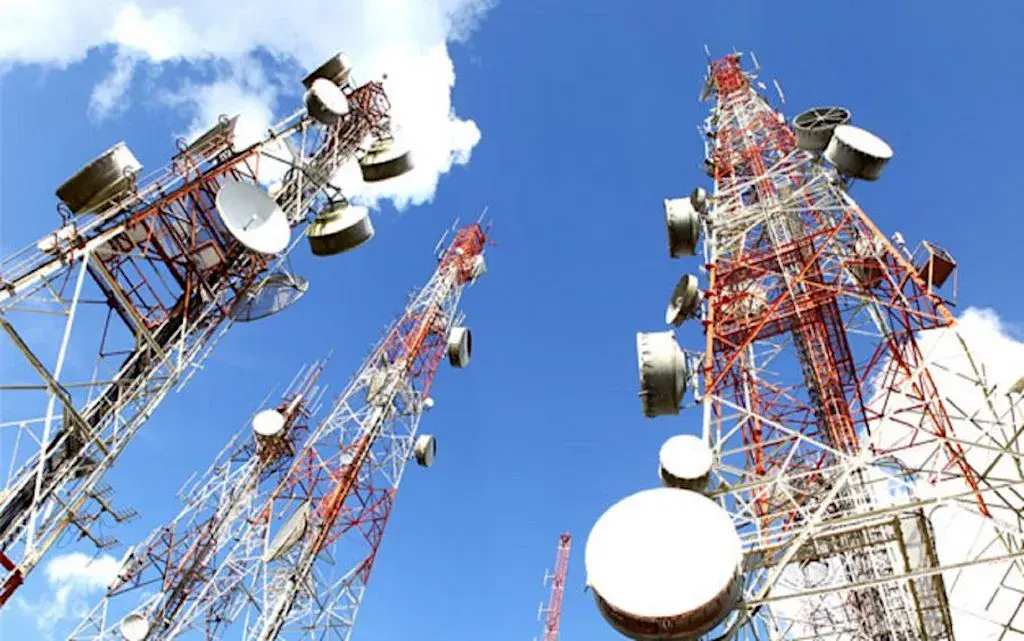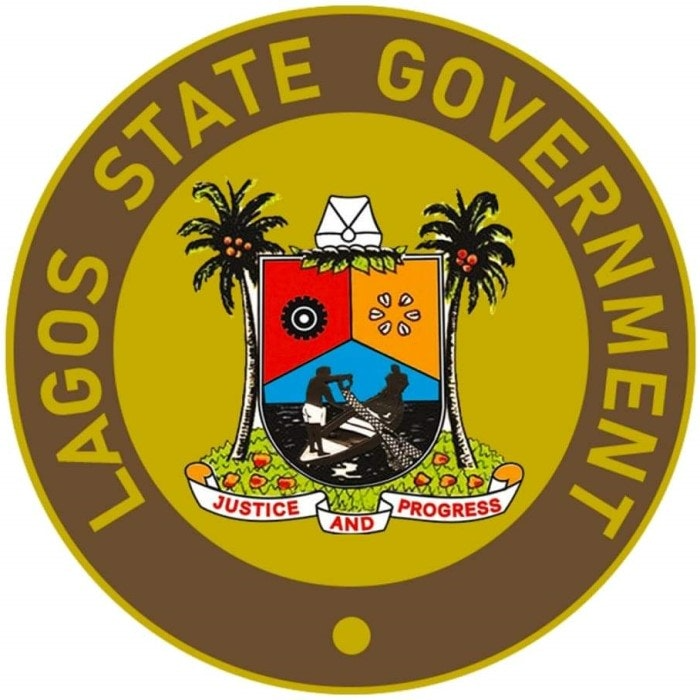Nigeria’s telecom industry faces collapse without urgent reforms. SBM warns that FX access, infrastructure protection, and tariff review are now critical to survival
[dropcap]T[/dropcap]elecom sector crisis Nigeria is now a headline concern as SBM Intelligence has sounded the alarm on the industry’s looming collapse.
Also read: USSD billing policy end user billing, gains telecom industry backing
In its newly released report titled Signal Strength: The Past, Present, and Future of Nigerian Telecom, the leading research firm issued a stark warning: without urgent government action, Nigeria risks losing the backbone of its digital economy.
The sector, which contributed 14.4% to the country’s GDP in the fourth quarter of 2024, is battling unprecedented challenges. Soaring operational costs, a volatile foreign exchange market, and multiple taxation burdens have pushed telecom operators to the edge.
Companies like MTN, Airtel and others have been forced into steep tariff hikes, a move deemed necessary for survival but one that also threatens to widen the digital divide among Nigerians.
“The telecom industry cannot survive without tariff increases,” said MTN CEO Karl Toriola, echoing findings in the SBM Intelligence report.
According to Toriola, while MTN’s top-line revenue grew by 30% in 2024, operating costs ballooned by 96%, driven largely by foreign exchange constraints and diesel price inflation. “This is not about profit—it is an absolute necessity to avoid collapse,” he stressed.
SBM Intelligence outlined the economic realities driving this emergency. The scarcity and devaluation of the Naira have significantly raised the cost of importing telecom equipment, 70% of which is sourced internationally.
Diesel prices have surged from under N300 to N1,200 per litre, severely impacting Nigeria’s over 40,000 base stations that rely on independent power due to grid unreliability.
Further pressure comes from the weight of more than 41 taxes imposed on operators and crippling Right-of-Way charges that stall network expansion.
These policy and infrastructure barriers, SBM said, are breaking the sector’s ability to keep up with national digital demands.
Despite this grim outlook, the industry’s importance remains undebated. Nigeria has gone from 300,000 mobile subscriptions in 2001 to over 160 million today.
The sector employs over two million Nigerians directly and indirectly and has been pivotal in expanding financial inclusion via mobile money and USSD banking services.
The report also takes a critical look at the regulatory environment. While Nigerian Communications Commission (NCC) Chief Executive Aminu Maida is attempting internal reforms, SBM highlights entrenched resistance within the agency.
Meanwhile, despite Minister Bosun Tijani’s digital innovation agenda, a gap remains between policy ambition and practical enforcement.
A major concern raised is the lack of protection for Critical National Information Infrastructure (CNII), which continues to face rampant vandalism.
SBM criticised the federal government for failing to designate a lead security agency for CNII enforcement, despite presidential directives.
Amidst this turmoil, the ongoing legislative review of the Nigerian Communications Act (2003) is described as a critical opportunity to reset the sector.
Lawmakers are expected to address regulatory overlaps and relieve telcos from cost burdens that threaten industry stability and public access.
SBM Intelligence closed with a sobering conclusion: Nigeria’s telecommunications future depends on achieving a three-way balance—regulatory independence, operational sustainability, and consumer affordability.
Also read: NCC mandates telecoms to compensate subscribers for extended outages
Without decisive action, the sector that once symbolised Nigeria’s digital ambition may soon become its biggest digital failure.
Oreoluwa is an accountant and a brand writer with a flair for journalism.





























